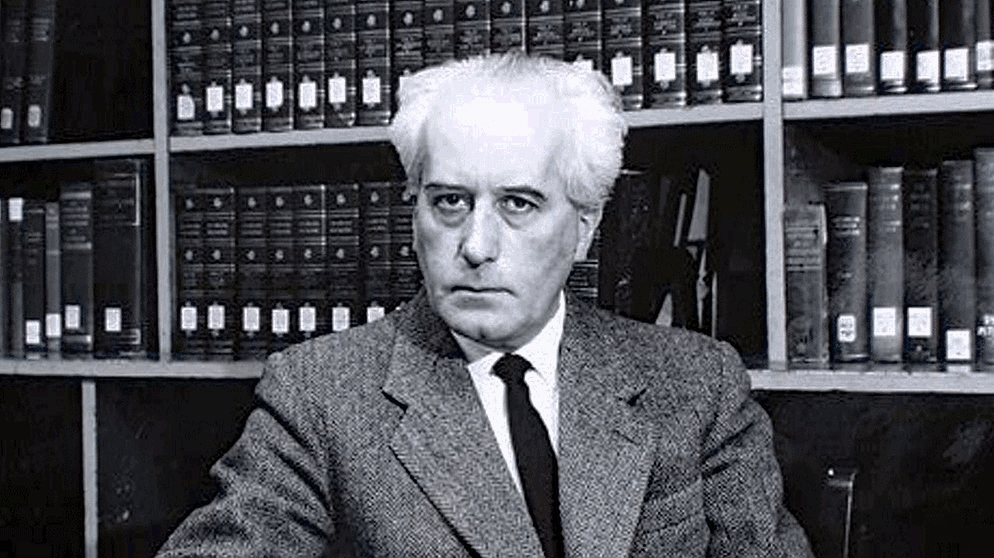Josef Haydn (1732-1809 ) and Sándor Veress (1907-92) with the English Chamber Orchestra and Nicolas Altstaedt at King's Place, London. (Listen for repeat broadcast) Proof yet again, that music is music, defying pigeonholes. Every good composer has his or own identity, but all create things worth listening to, whatever the genre. Listening outside the box enhances appreciation. Perfectly natural.
Hall One at Kings Place is without doubt the most elegant concert hall in London, small but classically proportioned and blessed with an extremely clear acoustic. The walls are lined with polished wood, apparently from a single source, which helps to even out resonance. Here, everything sounds balanced, to the extent that minor problems in performance seem magnified. But that burnished, mellow acoustic is so beautiful. No surprise it's a good place to record in. The English Chamber Orchestra, always polished, sounded wonderful, even on broadcast here.
How lovely Haydn's Cello Concerto no 1 sounded with this orchestra, in this performance space, specially designed for chamber music ! Nicolas Altstaedt was soloist and conductor, in the true spirit of chamber communality. Elegant but lively playing : baroque music wasn't precious. The vitality in this performance set the tone for Sándor Veress's Sonata for Cello Solo (1967). Altsteadt was, of course, playing on his own, but the ambient atmosphere of chamber ensemble lingered: he didn't sound alone, though no-one else was playing. Veress is a fascinating figure, who knew Bartók and Kodály, absorbing their interest in Hungarian folk music as an alternative to the Austro-German mainstream. These were turbulent times in Hungary, where many sympathized with fascism, and "modern" music was frowned upon. In 1941 Bartók was able to emigrate, though a move to America,. In 1949, Veress was able to defect, and escaped to Switzerland, though he had a hard time getting recognition. Nonetheless, in exile, he influenced his students. Heinz,Holliger's (S)irató , written in his honour, is part requiem, part protest, hence "irato" (irate) in the title and in the vehemence of the music. (Read more here)ydnThe idea of being alone, yet not alone, pervades Veress's Sonata for solo cello. The first movement is a dialogue, but with whom ? The "other" may be invisible and inaudible, but is palpably present. Long lines, like exhalations, sudden bursts of dynamic vigour. The middle movement in contrast,is more subdued, the lines exploring space, so to speak. it's titled "monologue". In the epilogue, Veress writes more complex lines, testing technique. Frenzied, zig-zag passages, culminating in a sudden burst of lyricism : perhaps the musical equivalent of a smile ? Who knows ? Altstaedt plays with warm and feeling.
Veress's Sonata for Cello Solo was the highlight of the evening, very modern music, and realized very well. Before it, we heard Veress's Four Transylvanian Dances for String Orchestra, This was written between 1944 and 1949, the year Veress went into exile. Traditional dance may be the starting point, but the music is highly individual: more Veress than folklore. You couldn't dance to this except in an abstract, modern style. The last movement, the Dobbantós, comes closet to traditional form. With its intensely rhythmic patterns, it suggests gypsy dance, the music of oppressed vagrants, making their way through mainstream society. A man like Veress, who knew the folk roots of his region, would have no illusions that peasant music was "pretty". The members of the English Chamber Orchestra brought out the spiky angularity. The music moved as if driven by demonic forces : the Devil as fiddler, stamping his feet for emphasis.
The concert began with Haydn and concluded with Haydn, Symphony no 49 "La passione". In King's Place, the acoustic makes a small ensemble sound larger and richer than it might otherwise, which added to the impact. Elegantly poised lines, balanced restraint, yet infused by an undertow of feeling, high strings singing, lower strings giving ballast. After having heard Veress, one could not help but connect to a sense of understated sadness, bravely borne.

No comments:
Post a Comment